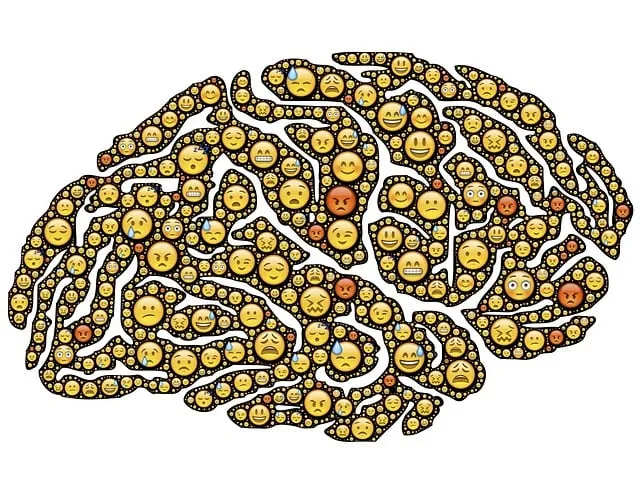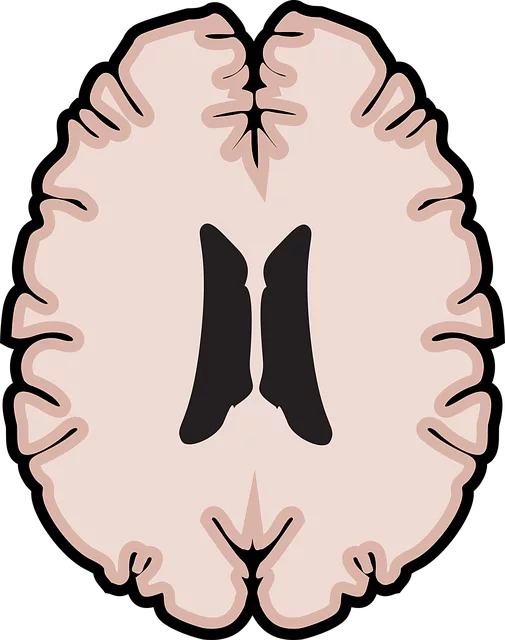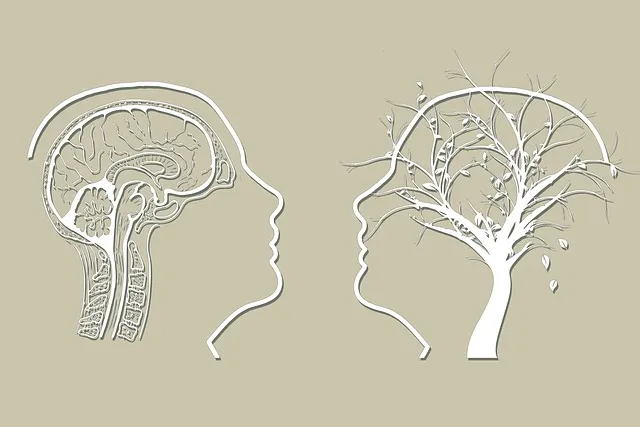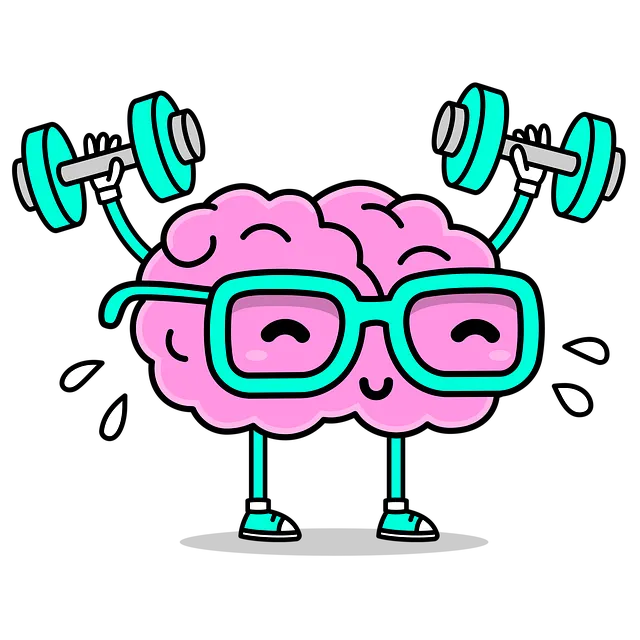Kaiser's Broomfield inpatient mental health services offer a holistic approach with specialized care, intensive therapy, counseling, and self-care routine development. They use AI algorithms, mindfulness practices, and tailored programs like Stress Management Workshops to improve diagnosis accuracy, foster resilience, and promote long-term well-being for patients.
Mental illness diagnosis accuracy is a critical aspect of patient care, and ongoing efforts to enhance precision are vital. This article explores strategies aimed at improving diagnostic accuracy in inpatient mental healthcare, using Kaiser’s services in Broomfield as a case study. We examine the evaluation of their program, highlighting effective tools and patient-centric approaches that can revolutionize mental health treatment. By delving into these initiatives, we aim to contribute to the broader goal of enhancing diagnosis accuracy for better patient outcomes.
- Evaluating Kaiser's Inpatient Mental Health Services in Broomfield
- Enhancing Diagnosis Accuracy: Strategies and Tools
- Patient-Centric Approaches for Improved Mental Healthcare
Evaluating Kaiser's Inpatient Mental Health Services in Broomfield

Kaiser’s Inpatient Mental Health Services in Broomfield have garnered attention for their comprehensive approach to treatment. With a growing focus on mental health awareness and accessibility, evaluating their performance is essential. The facility offers specialized care for various mental illnesses, ensuring patients receive expert attention within a supportive environment.
The inpatient program at Kaiser Broomfield focuses on intensive therapy, individual counseling, group support, and stress reduction methods tailored to each patient’s needs. They also emphasize the importance of self-care routine development for better mental health, promoting resilience and long-term well-being. Through these initiatives, Kaiser aims to improve diagnosis accuracy by providing an holistic treatment experience that addresses not just symptoms but underlying causes.
Enhancing Diagnosis Accuracy: Strategies and Tools

Improving diagnosis accuracy is a multifaceted approach, especially in a bustling healthcare environment like Kaiser’s Broomfield facility. Beyond traditional training methods, institutions are now leveraging advanced tools to enhance mental health assessments. This includes integrating digital platforms that utilize AI algorithms to analyze patient data, such as symptoms, medical history, and even social media trends, for more comprehensive insights. Such technology can help in identifying subtle patterns often overlooked during manual evaluations.
Additionally, addressing Mental Illness Stigma Reduction Efforts plays a crucial role in fostering accurate diagnoses. Burnout Prevention Strategies for Healthcare Providers emphasize the importance of self-care and empathetic interactions with patients. Encouraging open discussions about mental health through Mindfulness Meditation practices has been shown to reduce stigma and create a safer space for individuals seeking help. These collaborative efforts ensure that both patients and providers benefit from improved diagnosis accuracy, ultimately leading to more effective treatment plans.
Patient-Centric Approaches for Improved Mental Healthcare

Inpatient mental health services, such as those offered by organizations like Kaiser in Broomfield, are undergoing a patient-centric transformation to enhance diagnosis accuracy and overall care. This shift focuses on empowering individuals with the tools and knowledge to manage their mental well-being effectively. By incorporating innovative approaches, these healthcare providers aim to improve patient outcomes and satisfaction. One such strategy is the integration of Stress Management Workshops Organization programs that teach individuals coping mechanisms and stress reduction techniques tailored to their unique needs.
Additionally, Social Skills Training and Coping Skills Development sessions play a pivotal role in fostering resilience and improving mental health literacy. These initiatives encourage patients to actively participate in their treatment plans, promoting self-awareness and encouraging the adoption of healthy habits. Through these patient-centric efforts, healthcare facilities strive to bridge the gap between traditional therapy models and individualized support, ensuring more accurate diagnoses and improved long-term mental health outcomes.
The evaluation of Kaiser’s inpatient mental health services in Broomfield highlights critical areas for improvement, emphasizing the need for enhanced diagnosis accuracy. By implementing patient-centric approaches and leveraging innovative strategies and tools, Kaiser can significantly improve mental healthcare outcomes. Focus on evidence-based practices, increased training for healthcare professionals, and the integration of advanced technology are key steps towards ensuring more accurate diagnoses and effective treatment plans for patients in Broomfield and beyond.






